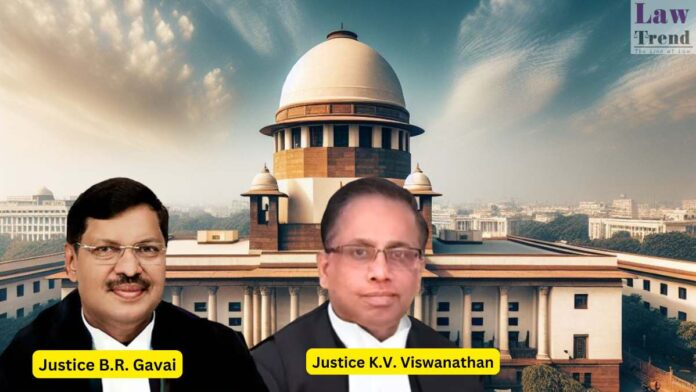In a significant judgment delivered on December 9, 2024, the Supreme Court of India granted relief to Lt. Col. Suprita Chandel by directing the Union of India to grant her a permanent commission in the Army Dental Corps. The decision, rendered by a bench comprising Justice B.R. Gavai and Justice K.V. Viswanathan, overturns an earlier
To Read More Please Subscribe to VIP Membership for Unlimited Access to All the Articles, Download Available Copies of Judgments/Order, Acess to Central/State Bare Acts, Advertisement Free Content, Access to More than 4000 Legal Drafts( Readymade Editable Formats of Suits, Petitions, Writs, Legal Notices, Divorce Petitions, 138 Notices, Bail Applications etc.) in Hindi and English.




